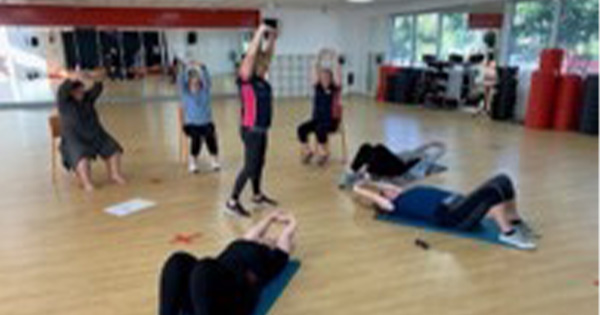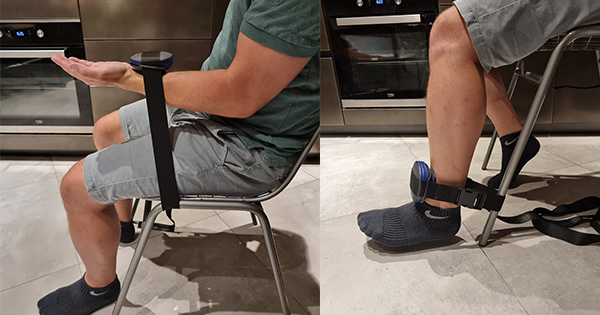<p>Background: Breast cancer-related lymphoedema (BCRL) is a chronic complication following breast cancer treatment, and is associated with adverse physical and psychological outcomes. Decorative tattoos have become tremendously popular in recent years among breast cancer survivors, with emotive images flooding online search engines and social media channels. However, a possible clinical practice issue is highlighted, with the use of tattoos within the at-risk area causing skin damage that could potentially cause, or exacerbate, lymphoedema symptoms. Aims: A literature review was conducted to establish what is known about tattooing in the context of BCRL. Methods: The sources consulted in reviewing the literature included CINAHL, Health Source and MEDLINE via EBSCO host, PubMed and Cochrane Database of Systematic Reviews from 2006–2017. A web-based search was also conducted to ensure inclusion of relevant documents not listed in the above-mentioned databases. Results: It was found that tattoos and BCRL are not discussed in current literature, nor does expert consensus exist to specifically address this practice. Conclusion: The importance of understanding the risk profile of decorative, non-clinical tattoos for those at risk of developing lymphoedema is emphasised. It is hoped that this literature review will prompt further discussion and facilitate studies to guide information provision and expert consensus, in order to optimise long-term outcomes in the context of breast cancer rehabilitation.</p>




